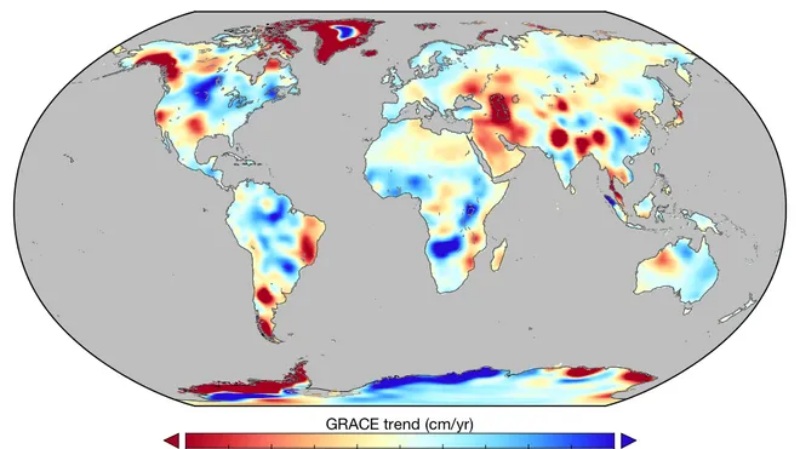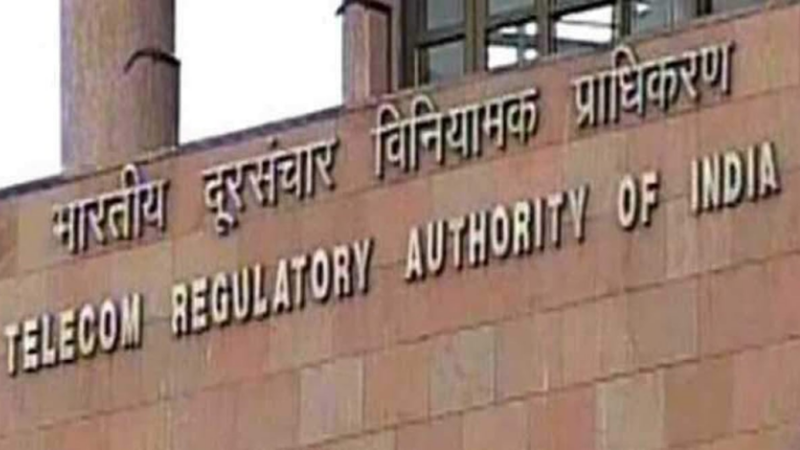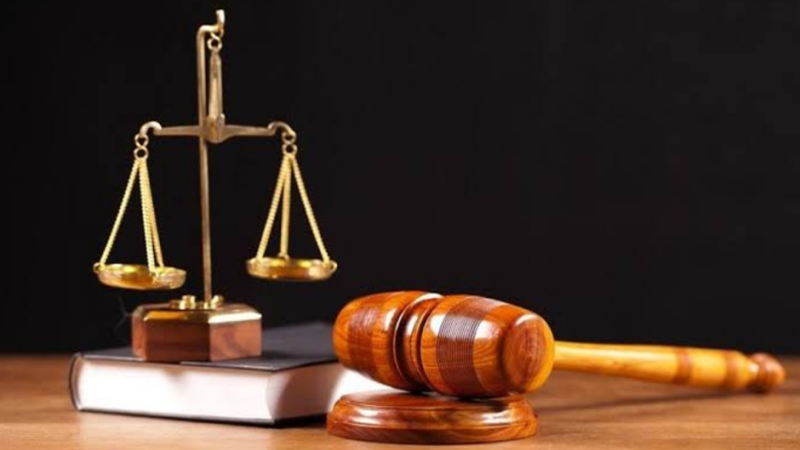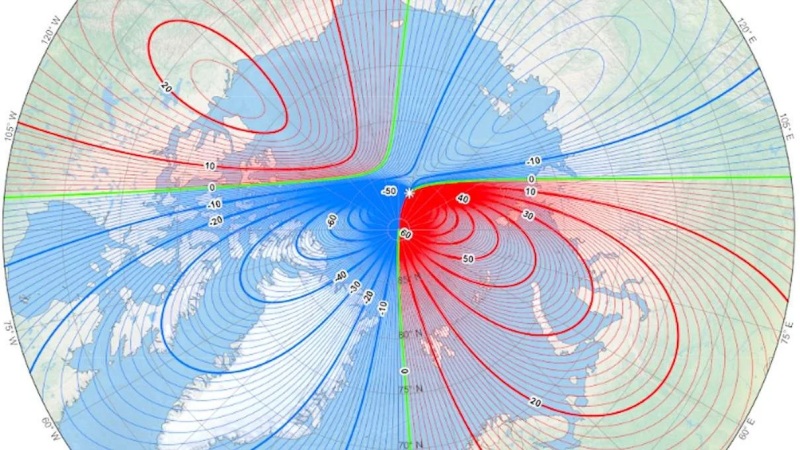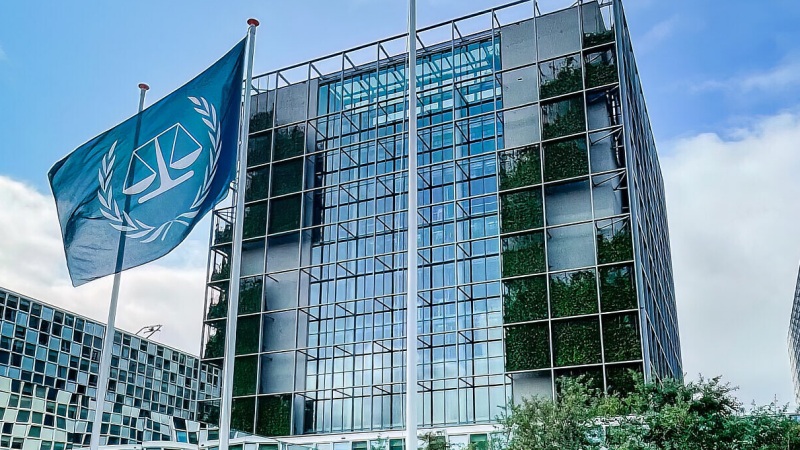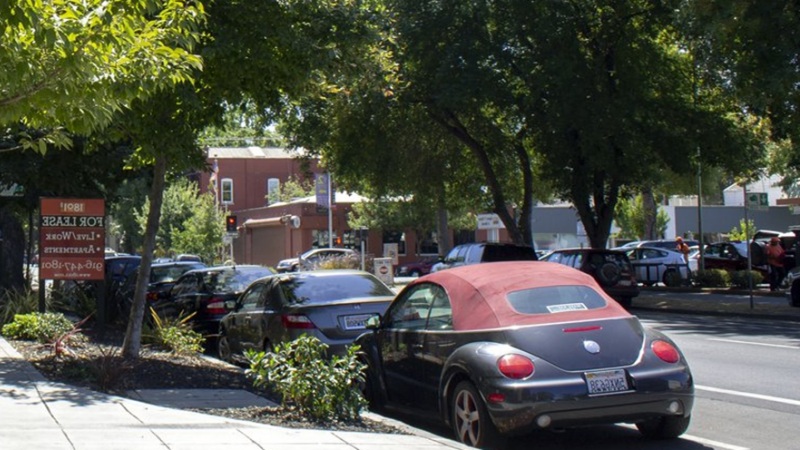 Leaked documents say EU wants Britain kept under European courts. Britain will have to pay off obligations to Brussels for years after Brexit, remain subject to European Union courts and continue to let relatives of European immigrants settle in the UK, according to draft EU negotiating documents.
Leaked documents say EU wants Britain kept under European courts. Britain will have to pay off obligations to Brussels for years after Brexit, remain subject to European Union courts and continue to let relatives of European immigrants settle in the UK, according to draft EU negotiating documents.
The demands are contained in a paper, seen by Reuters, that outlines key negotiating guidelines for Michel Barnier, the EU’s chief negotiator, who will launch talks on a Brexit treaty after Britain’s general election on 8 June.
Ending free movement of workers from EU states, budget contributions to Brussels and oversight by the European court of justice (ECJ) are central to Theresa May’s plans for leaving the EU, due to happen in March 2019 after a two-year negotiating period.
But in language that echoes a tough line taken by the 27 other EU leaders who will endorse a common position at a summit on 29 April, the paper spells out Brussels’ aim to protect the rights of 3 million EU citizens living in Britain, extract cash from London to cover a wide range of existing commitments and ensure EU judges can hold Britain to the treaty after Brexit.
The paper does not set out a figure on what Britain might owe – an estimate of €60bn (£50bn) floated by the EU has been dismissed by ministers – but says the exit treaty should both set a “global amount” to honour financial obligations, subject to later adjustments and “a schedule of annual payments” that would reflect the fact that loans and guarantees made by the EU while Britain is a member extend well beyond 2019.
During the transition period, rules would be enforced by the ECJ, the paper states, in one of numerous references to the Luxembourg judges’ continuing jurisdiction over Britain.
Agreeing to such a deal would fly in the face of May’s pledge to “bring an end to the jurisdiction of the court in Britain”, which she is expected to highlight in the Tory manifesto. This would put her at odds with EU negotiators should she win the snap general election.
The EU claims that ECJ jurisdiction is the “only possible solution” and it has previously been a sticking point in other negotiations. Relations with Switzerland have been repeatedly pushed to breaking point by the refusal of the Swiss to accept a role for “foreign judges” in enforcing the treaties.
An agreement between the EU, Norway, Iceland and Liechtenstein is interpreted by the court of justice of the European Free Trade Association (Efta) states, but Britain argues that a special UK-EU court, or a more informal system without judges, would be better suited.
The leaked document states the EU might consider an “alternative dispute settlement” system for the treaty but only if that was “equivalent” to the ECJ.





